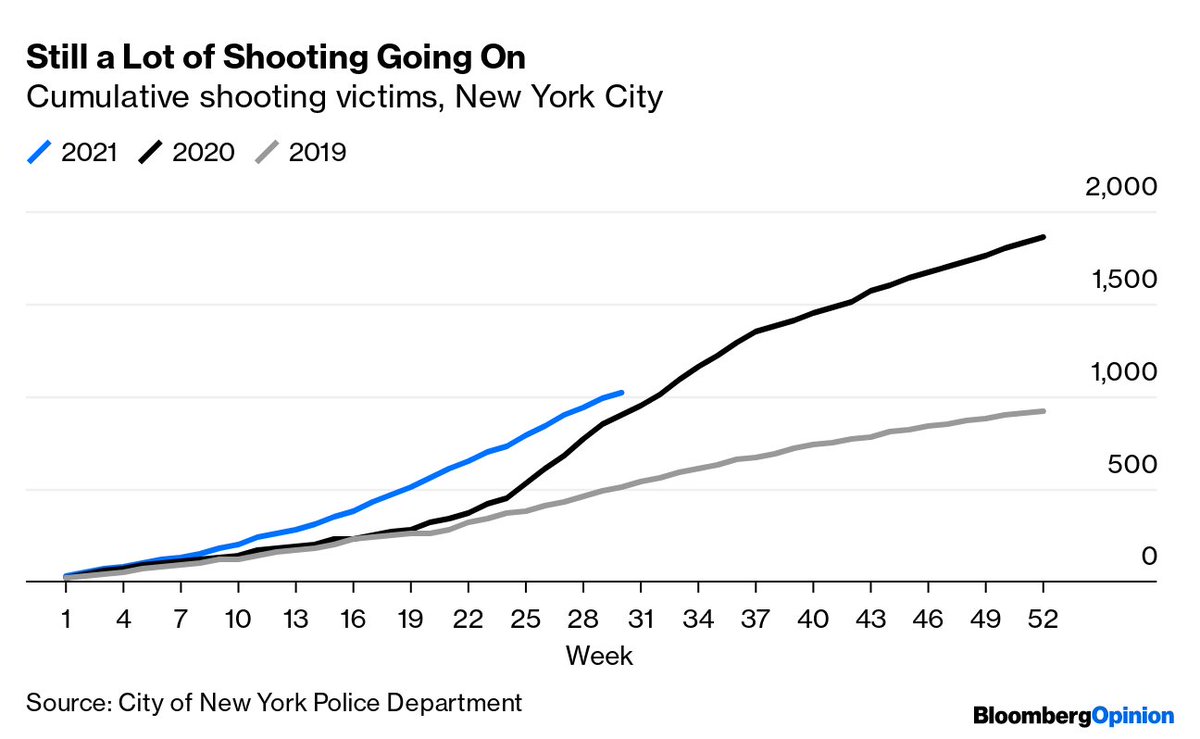
You feeling sleepy yet? bloomberg.com/opinion/articl… 

These data, from the American Time Use Survey, include naps and "spells of sleeplessness" and generally come in about an hour higher than other sleep estimates, but the upward trend holds for all age groups under 65 and is probably for real bloomberg.com/opinion/articl… 

In a study based on ATUS data through 2016, two @PennMedicine researchers found that late-night reading and TV watching had declined as sleep hours went up academic.oup.com/sleep/article/…
@PennMedicine Their conclusion: Maybe all the attention being paid to inadequate sleep is causing people to sleep more 

That said, we almost certainly get a lot less sleep than in the age before ubiquitous TV and universal electrification bloomberg.com/opinion/articl… 

Also, a couple of recent studies using data from the National Health Interview Survey report increases over the past decade in the percentage of Americans getting less than seven hours of sleep pubmed.ncbi.nlm.nih.gov/31489537/ academic.oup.com/sleep/article/…
• • •
Missing some Tweet in this thread? You can try to
force a refresh















